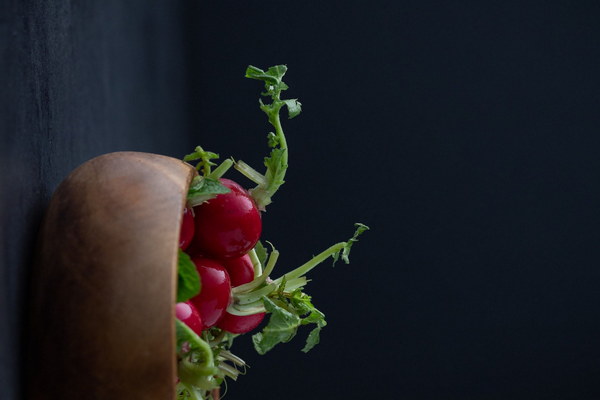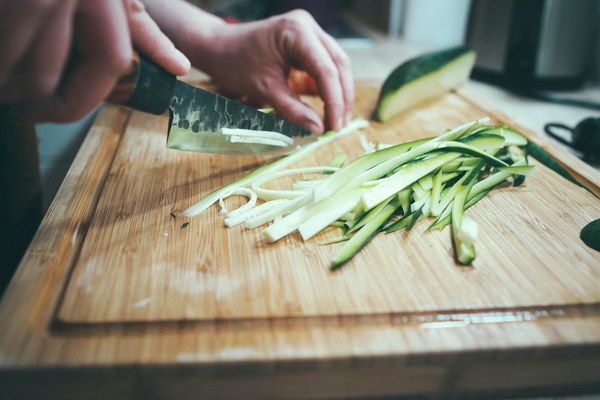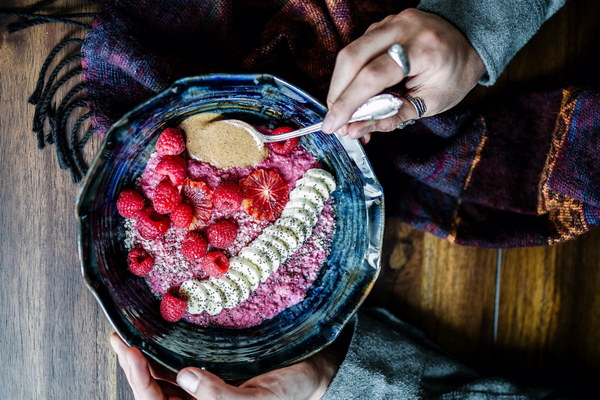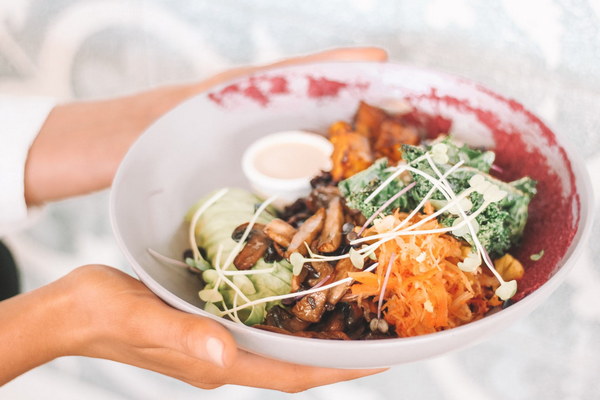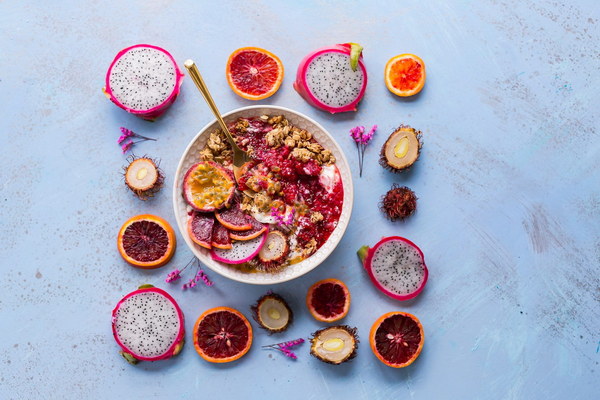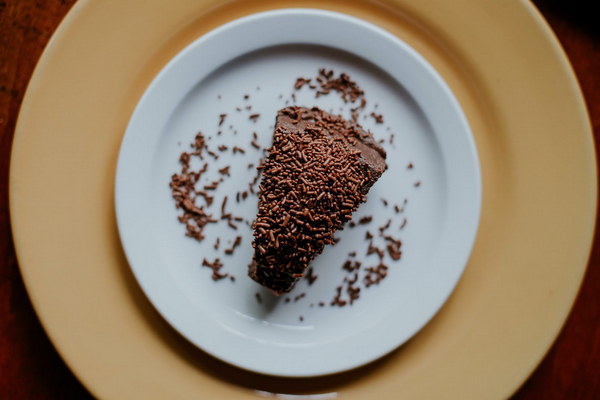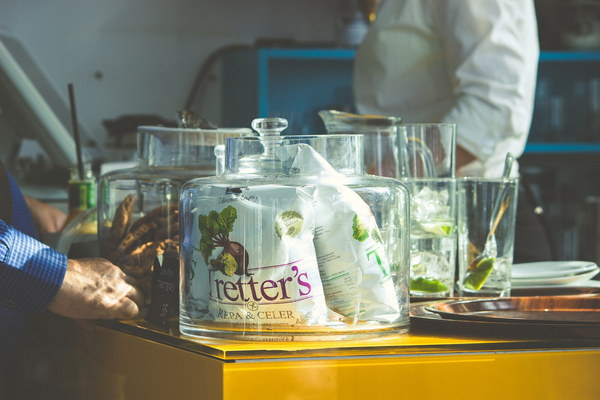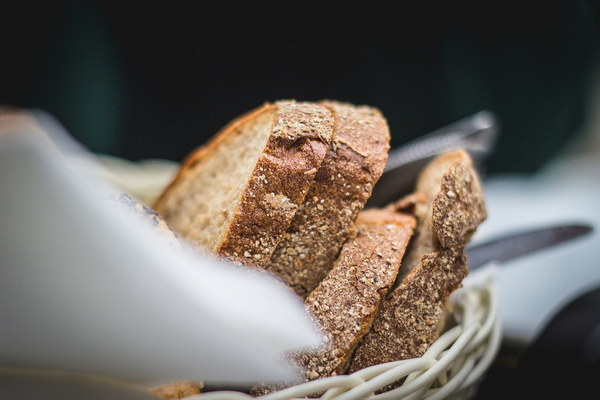Elevate Your Health Nutritional Choices for Hypertensive Patients to Nourish Kidneys and Liver
Introduction:
Hypertension, or high blood pressure, is a prevalent health concern that requires careful management to maintain overall well-being. In addition to medication and lifestyle modifications, a balanced diet plays a crucial role in nourishing the kidneys and liver, which are vital organs in the body. This article provides a comprehensive guide on what hypertensive patients should consume to support kidney and liver health.
1. Almonds
Almonds are rich in antioxidants, healthy fats, and vitamin E, making them an excellent choice for individuals with hypertension. These nuts help in lowering blood pressure and reducing the risk of kidney damage. Almonds also aid in improving liver function by decreasing oxidative stress.
2. Leafy Greens
Leafy greens like spinach, kale, and collard greens are loaded with essential nutrients such as folate, potassium, and magnesium. These nutrients help in maintaining healthy blood pressure levels and promoting kidney and liver function. Incorporate these greens into salads, smoothies, or as a side dish for a nutritious meal.
3. Berries
Berries, such as strawberries, blueberries, and raspberries, are high in antioxidants and anti-inflammatory compounds. They help in reducing oxidative stress and inflammation, which are associated with hypertension and kidney disease. Berries also support liver function by promoting the detoxification process.
4. Fish
Fish, especially fatty fish like salmon, mackerel, and sardines, are rich in omega-3 fatty acids. These healthy fats help in lowering blood pressure and reducing the risk of kidney damage. Omega-3 fatty acids also support liver health by reducing the risk of fatty liver disease.
5. Garlic
Garlic has been used for centuries as a natural remedy for various health conditions. It contains compounds like allicin, which help in lowering blood pressure and reducing the risk of kidney damage. Garlic also supports liver function by promoting detoxification and reducing the accumulation of harmful toxins.
6. Green Tea
Green tea is a powerhouse of antioxidants and polyphenols that help in lowering blood pressure and reducing oxidative stress. It also supports liver health by promoting the metabolism of fats and reducing the risk of fatty liver disease.
7. Avocado
Avocado is a nutritious fruit that is high in healthy fats, fiber, and potassium. These nutrients help in maintaining healthy blood pressure levels and reducing the risk of kidney damage. Avocado also supports liver function by aiding in the detoxification process.
8. Beets
Beets are rich in nitrates, which help in lowering blood pressure. They also contain betalains, which have anti-inflammatory properties and support liver function. Incorporate beets into your diet by roasting, grating, or juicing them.
9. Legumes

Legumes, such as lentils, chickpeas, and black beans, are an excellent source of plant-based protein, fiber, and essential nutrients. They help in lowering blood pressure and reducing the risk of kidney damage. Legumes also support liver health by promoting the detoxification process.
10. Watermelon
Watermelon is a hydrating fruit that is rich in potassium and antioxidants. These nutrients help in maintaining healthy blood pressure levels and reducing the risk of kidney damage. Watermelon also supports liver function by aiding in the elimination of toxins from the body.
Conclusion:
Incorporating these nutritious foods into your diet can help hypertensive patients nourish their kidneys and liver, thereby improving overall health and well-being. However, it is essential to consult with a healthcare professional before making significant dietary changes, especially if you are already on medication for hypertension. By combining a balanced diet with other lifestyle modifications, hypertensive patients can effectively manage their condition and support the health of their vital organs.
